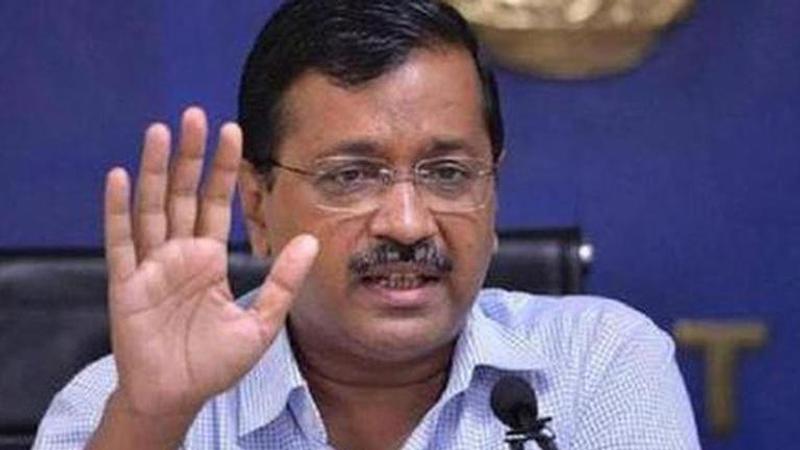Published 17:16 IST, August 12th 2020
Treat degrees in vocational subjects on par with other bachelor degrees: Delhi govt to Centre
The Bachelor of Vocational (BVoc) degrees need to be treated on par with other bachelor degrees and the graduates should be eligible to appear for civil services examination, the Delhi government has told the Centre.

The Bachelor of Vocational (BVoc) degrees need to be treated on par with other bachelor degrees and the graduates should be eligible to appear for civil services examination, the Delhi government has told the Centre.
According to Deputy Chief Minister Manish Sisodia, the government has also raised the issue of universities like Delhi University not treating students who studied vocational subjects in class 12 on par with students who did not.
"The new National Education Policy (NEP) has talked about giving a push to vocational education but how can we have results when our system does not respect those with skill education. Students with vocational subjects or skill based subjects in class 12 face a disadvantage in admissions in universities like DU," Sisodia told PTI.
"Similarly, students who pursue Bachelor of Vocational (BVoc) courses are not treated on par with other graduates. They do not get similar opportunities in higher education or in jobs, they are also not eligible for appearing for civil services exams. How can we push vocational education then?" he asked.
Sisodia, who is also Delhi's Education Minister, said, "We have raised the issue with the Centre that we need to treat the vocational students on par with those who pursue other subjects. They somewhat agree that this is an issue but ultimately this is a decision they need to take." The new education policy which was approved by the Cabinet last month has noted that the vocational education is perceived to be inferior to mainstream education and meant largely for students who are unable to cope with the latter.
"This is a perception that affects the choices students make. It is a serious concern that can only be dealt with by a complete re-imagination of how vocational education is offered to students in the future. The policy aims to overcome the social status hierarchy associated with vocational education and requires integration of vocational education programmes into mainstream education in all education institutions in a phased manner," the new NEP said.
"Beginning with vocational exposure at early ages in middle and secondary school, quality vocational education will be integrated smoothly into higher education. It will ensure that every child learns at least one vocation and is exposed to several more. This would lead to emphasising the dignity of labour and importance of various vocations involving Indian arts and artisanship," it added.
The policy has proposed that by 2025, at least 50 pc of learners through the school and higher education system shall have exposure to vocational education, for which a clear action plan with targets and timelines will be developed.
Updated 17:16 IST, August 12th 2020




